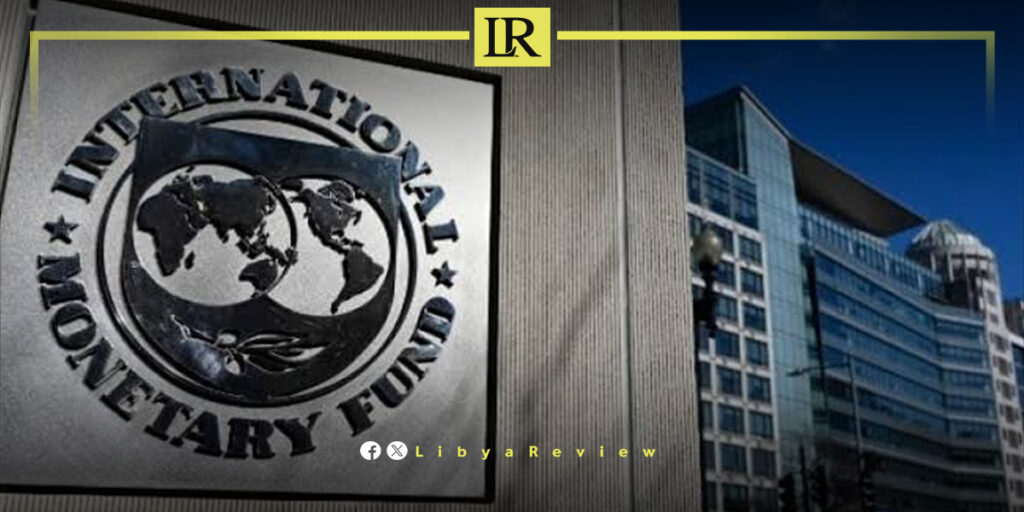Libya’s real GDP growth dropped significantly to around 2% in 2024, down from 10% in 2023, primarily due to contraction in the hydrocarbon sector, according to the latest International Monetary Fund (IMF) Article IV Consultation. The IMF cited political divisions and weak institutional capacity as key factors hindering necessary reforms and fiscal control.
Despite the downturn in oil output, non-hydrocarbon growth remained relatively strong, fuelled by continued government spending. However, both the fiscal and current accounts swung from surplus in 2023 to deficit in 2024. While inflation remained low, the overall economic outlook remains fragile.
The IMF projects that Libya’s GDP will rebound in 2025 as oil production expands, but growth is expected to moderate to around 2% in the medium term. The non-oil sector is forecast to maintain growth between 5% and 6%, sustained by high government expenditure. Nevertheless, the fiscal balance is anticipated to remain in deficit, although narrower than in 2024.
The report warned that Libya remains heavily exposed to global oil market volatility and faces domestic risks, including renewed political tensions that could disrupt oil operations and impede economic progress. The IMF urged authorities to implement reforms to control spending, enhance transparency, and diversify the economy.
The Fund emphasised the need for a unified national budget and a shift away from excessive wage and subsidy spending. It also recommended a carefully calibrated monetary policy and the eventual unification of the exchange rate to reduce distortions.
In its concluding assessment, the IMF highlighted the importance of banking sector reforms, anti-corruption efforts, and reliable economic data as foundations for long-term stability and private sector growth.


